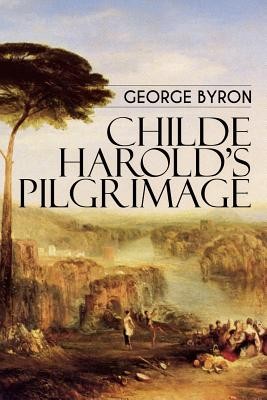
- We will send in 10–14 business days.
- Author: George Byron
- Publisher: CreateSpace Independent Publishing Platform
- Year: 2016
- Pages: 198
- ISBN-10: 1523916621
- ISBN-13: 9781523916627
- Format: 15.2 x 22.9 x 1.1 cm, softcover
- Language: English
- SAVE -10% with code: EXTRA
Reviews
Description
Childe Harold's Pilgrimage is a lengthy narrative poem in four parts written by Lord Byron. It was published between 1812 and 1818 and is dedicated to "Ianthe". The poem describes the travels and reflections of a world-weary young man who, disillusioned with a life of pleasure and revelry, looks for distraction in foreign lands. In a wider sense, it is an expression of the melancholy and disillusionment felt by a generation weary of the wars of the post-Revolutionary and Napoleonic eras. The title comes from the term childe, a medieval title for a young man who was a candidate for knighthood.
- Author: George Byron
- Publisher: CreateSpace Independent Publishing Platform
- Year: 2016
- Pages: 198
- ISBN-10: 1523916621
- ISBN-13: 9781523916627
- Format: 15.2 x 22.9 x 1.1 cm, softcover
- Language: English English
Childe Harold's Pilgrimage is a lengthy narrative poem in four parts written by Lord Byron. It was published between 1812 and 1818 and is dedicated to "Ianthe". The poem describes the travels and reflections of a world-weary young man who, disillusioned with a life of pleasure and revelry, looks for distraction in foreign lands. In a wider sense, it is an expression of the melancholy and disillusionment felt by a generation weary of the wars of the post-Revolutionary and Napoleonic eras. The title comes from the term childe, a medieval title for a young man who was a candidate for knighthood.


Reviews